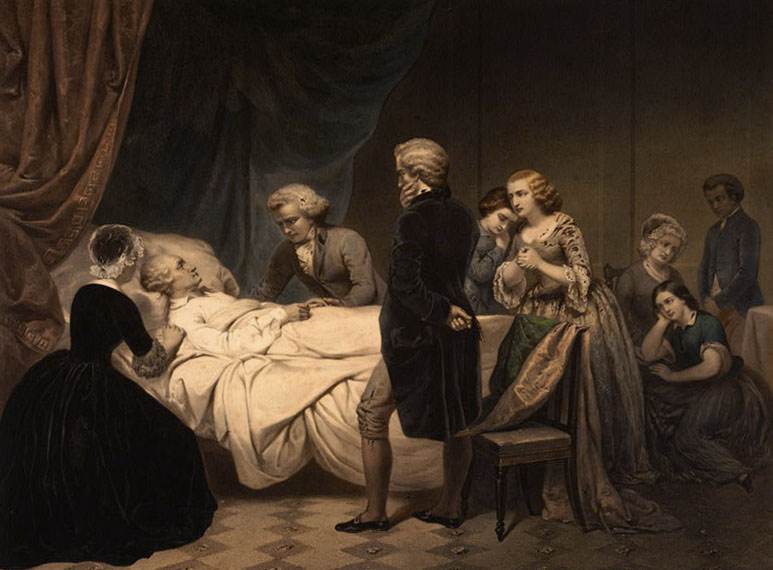Part 1
As a culture, we
either avoid death or surrender to it—we are either blind optimists or
self-centered pessimists. Speaking of death is often described as morbid.
Speaking of it ceaselessly is either depression or being highly artistic,
depending on one’s college degree. The optimists find themselves, in their last
moments, scrabbling madly for a hold on life, staring at the wall in wide-eyed,
hyperventilating terror. The pessimists go into a dark room and blow their
brains out. What is the answer? What is the correct way to deal with death?
On one hand,
there is no avoidance.
Death is the
destiny of every man; the living should take this to heart.
Ecclesiastes 7:2,
NIV
But…
O death, where is thy sting? O grave, where is thy victory?
1 Corinthians
15:55, KJV
Death is not
there to be avoided, it’s there to be beaten—it has been beaten. Jesus took death down. Like a line-backer. This is
the truest realism, not the despairing acceptance of meaninglessness. If it’s
cowardice to avoid death, is it not cowardice to surrender to it? Is it not
stupid to eschew all good things because of a hyped up idea that it’s
sentimental? Isn’t that just intellectual dishonesty? Sure, it’s wrong to
accept an idea because it makes you feel good, but isn’t it also wrong to reject an idea because it makes you feel
good?

